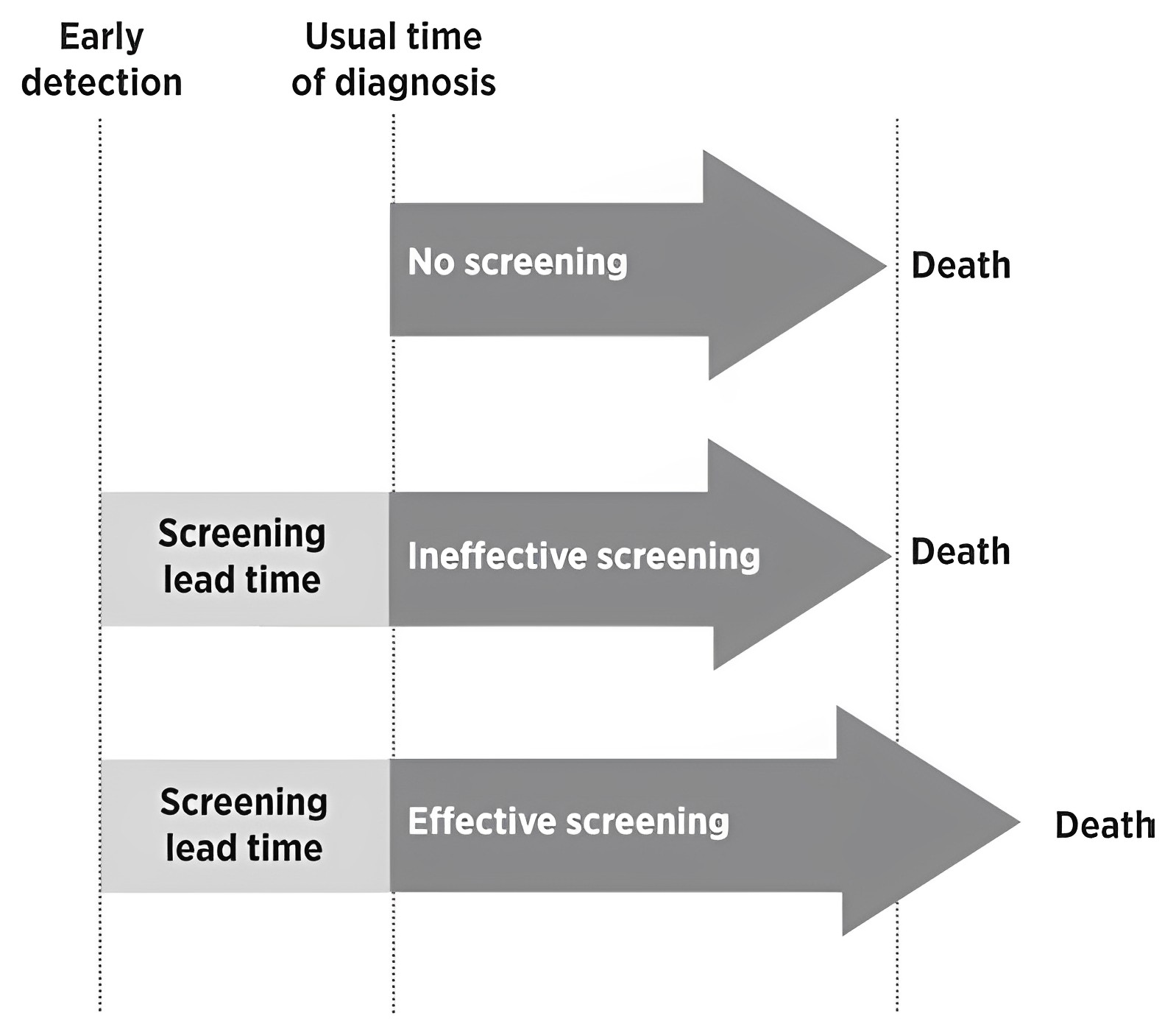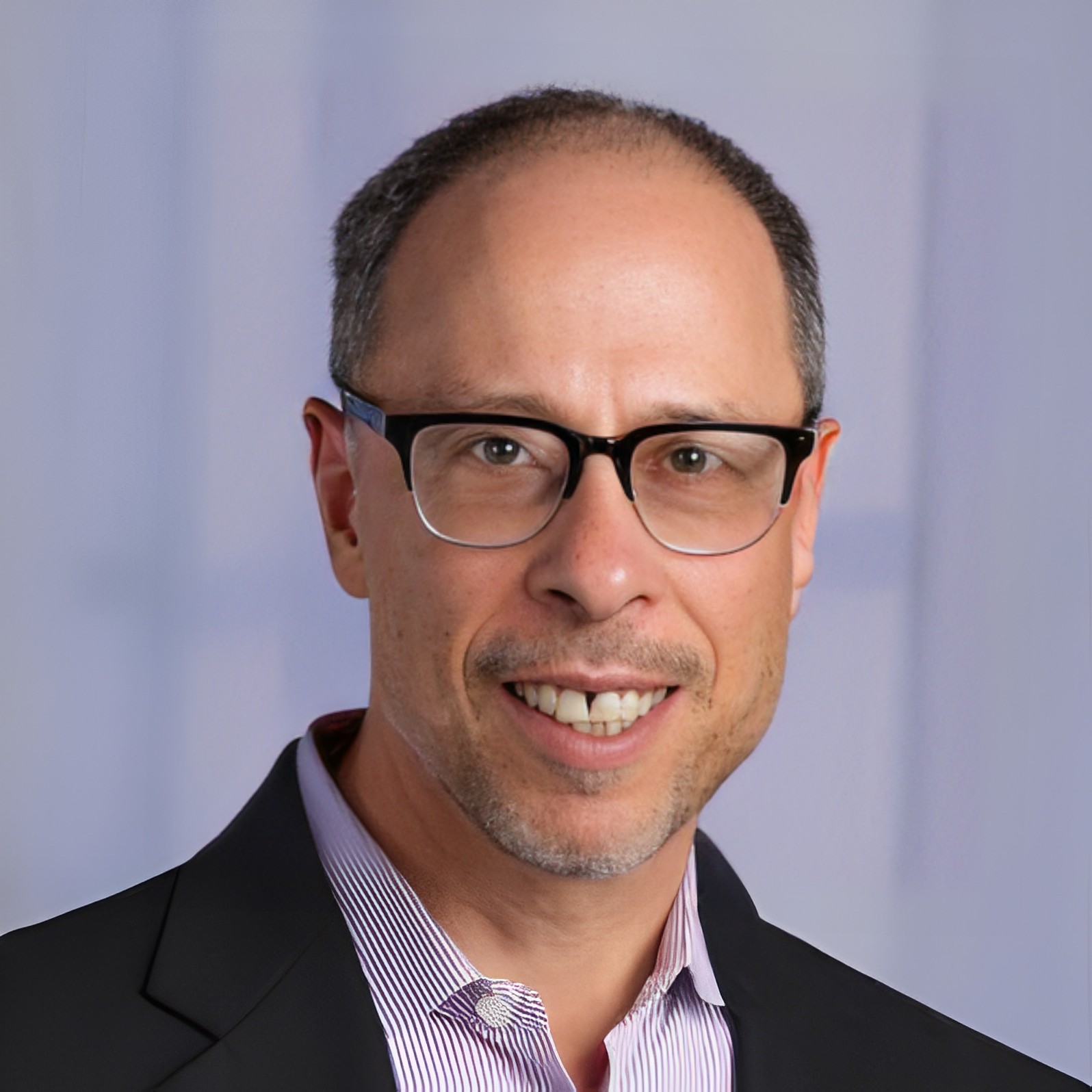Paul Bleicher, Executive Partner at Ardan Equity, wrote in a recent tweet:
“Individuals often don’t understand the downstream risk of early screening. One other issue – early detection may seem like it extends life, but in some cases, it may create a patient who lives longer with a disease label. https://www.ncbi.nlm.nih.gov/books/NBK66205/

The patient may know they have cancer, and may get it treated, but may not live any longer. Extend the idea – what if you could find out at birth that you were going to die from a malignancy at age 50, no matter how it was treated. Would that be desirable?
There is no question that some screening is highly effective – but even established screening (breast, colon, etc.) is being constantly restudied and readjusted to balance risk and benefits, and to determine the proper age, risk group, and timing for testing.
The only way to determine for whom, how often, at what age full body MRI is worthwhile is to do a clinical trial that studies the outcomes of patients, including the risks of downstream testing and treatment. note addendum in next post.
Fortunately, the NEJM article and a campaign from the authors led – within one year, to a reduction in testing and surgery in Korea. https://www.nejm.org/doi/full/10.1056/nejmc1507622
Of course, with full body MRI, you also have the problem of incidental findings, often leading to multiple tests and invasive biopsies. Many of these will be of no value, and a substantial percentage will cause harm through needless anxiety and complications of biopsies.”
Source: Paul Bleicher/Twitter
